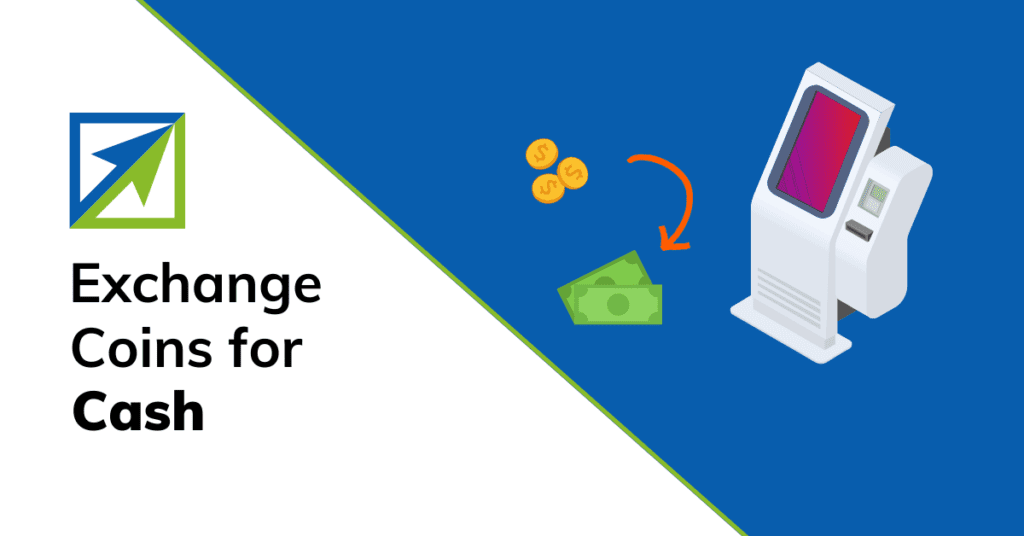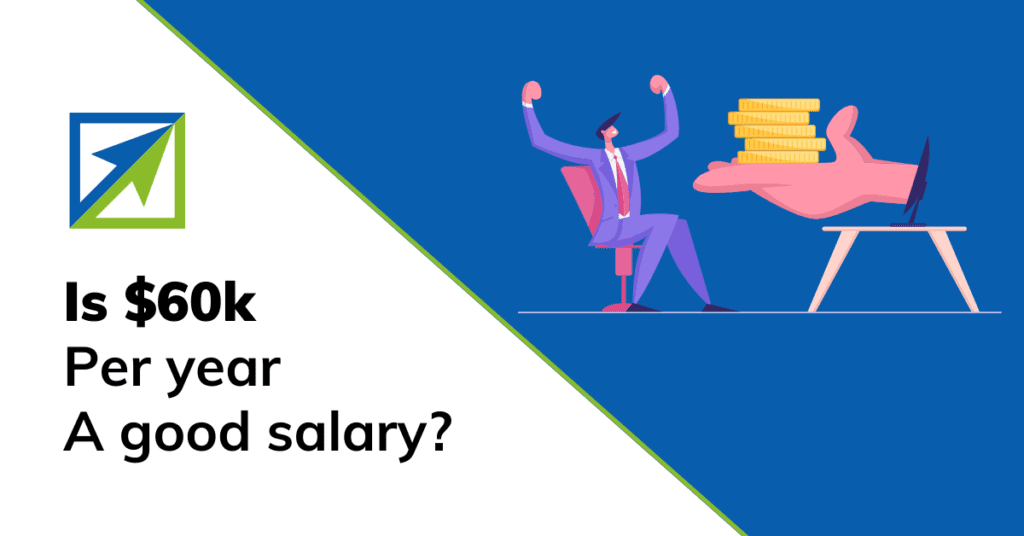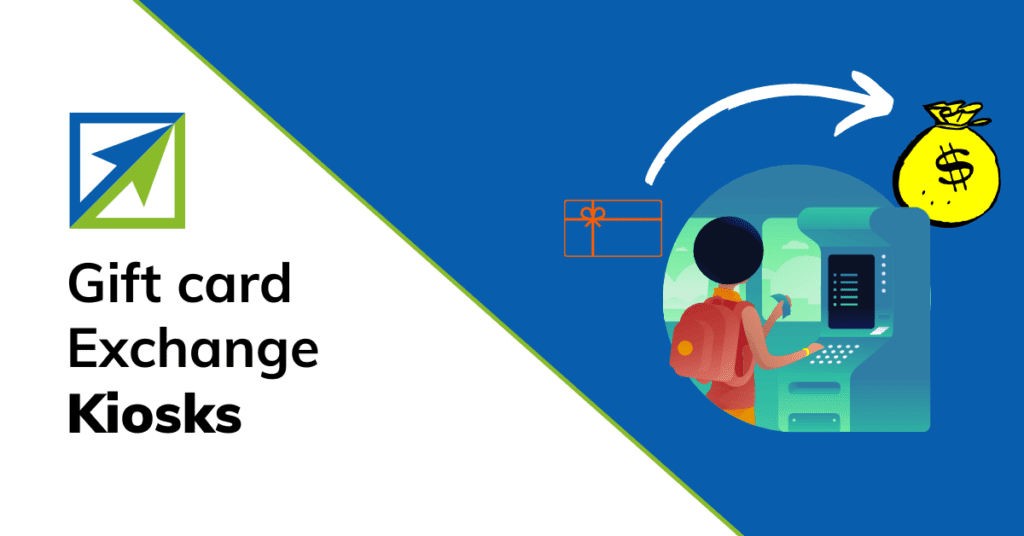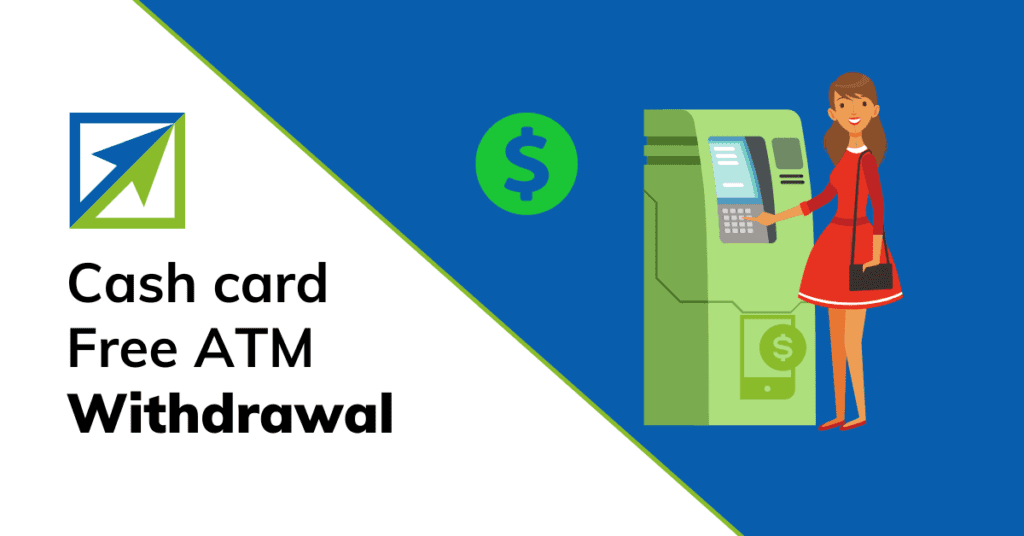This post may contain affiliate links from which I may earn a commission without any cost to you. Read our policy for details.
Cash App is a popular financial platform that lets you send and receive money, buy stocks and bitcoin, and access banking services through your mobile device. It can be a convenient way to manage your finances, but can you use Cash App with minors under 18? And if so, how can you do it safely and responsibly?
In this article, I will explore how to use Cash App with kids and teenagers and why it could be beneficial for their financial literacy. I will also discuss the risks and concerns that come with using the app with minors and how to avoid them.
Key points: Cash App can be used with minors under 18 with adult supervision and education. It can help teach financial literacy, ease money transfers, and support small businesses or fundraising. However, there are also risks of misuse, scams, and privacy breaches that need to be addressed. Other financial apps for minors may offer more features and safety measures.
But before that, if you are still not using Cash App, here is your chance to get $5 free instantly and hundreds of dollars down the line if you follow my advice here on how to get free money on Cash App.
Understanding Cash App’s Age Requirement
According to Cash App’s terms of service, you must be at least 18 years old to create an account and use the app. This means that minors under 18 cannot legally use Cash App on their own. However, this does not mean that they cannot use it at all.
Cash App allows parents or guardians to create an account for their children and link it to their own account. This way, they can transfer money to their kids and monitor their transactions. The kids can then use the app to send money to their family or friends, buy stocks or bitcoin, or pay for goods or services.
However, there are some legal considerations when using Cash App with minors.
- First, parents or guardians are responsible for any taxes or fees that may apply to their children’s transactions.
- Second, they are liable for any losses or damages that may result from their children’s use of the app.
- Third, they must comply with any laws or regulations that govern minors’ use of financial services in their jurisdiction.
Therefore, before using Cash App with minors, parents or guardians should consult a legal professional and read the app’s terms of service carefully.
Why Cash App Could Be Beneficial for Minors
Despite the legal restrictions and risks, there are some reasons why Cash App could be beneficial for minors under 18. Here are some of them:
1. Teaching financial literacy at a young age
Cash App can help kids and teens learn about money management, budgeting, saving, investing, and spending wisely.
It can also expose them to different financial concepts and tools, such as stocks, bitcoin, taxes, and savings.
By using Cash App with adult guidance and education, minors can develop financial skills and habits that will serve them well in the future.
2. Ease of money transfers for family and friends
Cash App can make it easier for parents or guardians to send money to their kids for allowances, gifts, emergencies, or other purposes.
It can also make it easier for kids to send money to their siblings, cousins, friends, or classmates for birthdays, holidays, or other occasions. Cash App allows users to send and receive money instantly and for free within the app.
3. Use of Cash App for small businesses or fundraising
Cash App can also be used by minors who have small businesses or who are involved in fundraising activities. For example, kids who sell crafts, baked goods, lemonade, or other products can accept payments through Cash App.
Teens who are raising money for a school project, a charity, a club, or a personal cause can also use Cash App to collect donations. Cash App provides a simple and convenient way to receive payments from customers or supporters.
Risks and Concerns with Cash App Use by Minors
While Cash App has some potential benefits for minors under 18, it also has some risks and concerns that need to be addressed. Here are some of them:
1. Potential for misuse or financial mistakes
Cash App gives users access to various financial features and options that may not be suitable or appropriate for minors. For example, kids may not understand the risks and volatility of buying stocks or bitcoin.
They may also not be aware of the fees or taxes that may apply to their transactions. They may also spend more than they can afford or make impulsive purchases without considering the consequences.
These mistakes could lead to financial losses or problems for themselves or their parents.
2. Risk of online scams targeted at younger users
Cash App users may also be vulnerable to online Cash App scams that try to trick them into sending money or revealing personal information.
These scams may take various forms, such as phishing emails, fake websites, cash app flips, fraudulent requests, fake giveaways, or malware infections. Scammers may target younger users who are less experienced or savvy about online security and privacy.
They may also exploit their trust, curiosity, generosity, or greed.
3. Privacy concerns and data protection
Financial apps often collect transaction data, which can paint a detailed picture of a person’s spending habits, preferences, and routines. This data could be used in ways that violate a child’s privacy, particularly if it is shared with third parties for advertising or other purposes.
Children may not fully understand the implications of sharing personal information, making transactions, or agreeing to terms of service. This lack of understanding can put them at risk.
Even if a financial app uses data responsibly, there’s always a risk that the data could be exposed through a data breach. Although such breaches are relatively rare, they can have severe consequences.
Best Practices for Cash App Use with Minors
Given the risks and concerns associated with using Cash App with minors under 18, it is important to follow some best practices to ensure a safe and responsible use of the app. Here are some of them:
1. Setting up an account with adult supervision
Parents or guardians should create an account for their kids on Cash App and link it to their own account.
This way, they can control how much money they transfer to their kids and monitor their transactions. They can also set limits on how much their kids can spend or receive on the app.
They should also review the app’s terms of service and privacy policy carefully before signing up.
2. Ensuring privacy settings are properly configured
Parents or guardians should also make sure that their kids’ privacy settings on Cash App are properly configured.
They should disable features that may compromise their privacy, such as location sharing, $Cashtag visibility, or social media integration. They should also enable features that may enhance their security, such as PIN lock, face ID, or touch ID.
They should also review the app’s permissions on their device and revoke any unnecessary ones.
3. Regularly monitoring transaction activity
Parents or guardians should also regularly monitor their kids’ transaction activity on Cash App. They should check their balance, history, and statements regularly.
They should also look out for any suspicious or unauthorized transactions, such as payments to unknown recipients, requests from strangers, or transfers from unfamiliar sources.
They should also report any issues or problems to Cash App’s customer support as soon as possible.
Teaching Kids Safe Financial Practices on Cash App
Besides following best practices for using Cash App with minors under 18, parents or guardians should also teach their kids safe financial practices on the app. Here are some of them:
1. Educating about potential scams and how to avoid them
Parents or guardians should educate their kids about the potential scams that they may encounter on Cash App or online in general.
They should explain how scammers may try to trick them into sending money or revealing personal information by using fake emails, websites, requests, giveaways, or malware.
They should also teach them how to spot and avoid these scams by checking the sender’s identity, verifying the source’s legitimacy, ignoring unsolicited messages, and reporting suspicious activity.
2. Explaining the importance of keeping personal information private
Parents or guardians should also explain to their kids the importance of keeping their personal information private on Cash App or online in general.
They should explain how sharing their name, email, phone number, date of birth, social security number, bank account information, or other sensitive data could expose them to identity theft, fraud, or other risks.
Teach them how to protect their personal information by using strong passwords, enabling security features, and limiting what they share online.
3. Teaching how to track spending and save money effectively
Parents should also teach their kids how to track their spending and save money effectively on Cash App.
Make them understand how spending more than they earn or save could lead to debt, financial stress, or missed opportunities. Show them how to set financial goals and save money for them by using Cash App’s savings feature or a separate savings account.
Alternatives to Cash App for Minors
Cash App is not the only financial app that can be used by minors under 18. There are other apps that are designed specifically for minors and their parents or guardians. These apps may offer more features and safety measures than Cash App. Here are some examples:
1. Greenlight
Greenlight is a debit card and app for kids and teens that allows parents to manage their money, set spending limits, and monitor transactions.
Greenlight also offers features such as savings goals, interest payments, investing options, and cash back rewards. Greenlight charges a monthly fee of $4.99 for up to five kids.
2. FamZoo
FamZoo is another debit card and app for kids and teens that helps parents teach financial literacy and responsibility. FamZoo allows parents to create virtual family banks, set allowances, assign chores, track spending, and transfer money.
FamZoo also offers features such as savings goals, interest rates, budgeting tools, and charitable giving. FamZoo charges a monthly fee of $5.99 or a prepaid fee of $25.99 for six months.
3. goHenry
goHenry is a debit card and app for kids aged 6 to 18 that enables parents to set rules, limits, and tasks for their money management. goHenry also offers features such as savings targets, spending reports, custom cards, and cash withdrawals.
goHenry charges a monthly fee of $3.99 per child.
Final Thoughts On Cash App For Kids
Cash App can be used with minors under 18 with adult supervision and education. It can help teach financial literacy, ease money transfers, and support small businesses or fundraising.
However, there are also risks of misuse, scams, and privacy breaches that need to be addressed. Other financial apps for minors may offer more features and safety measures than Cash App.
If you decide to use Cash App with your kids or teens, make sure you follow all the above rules and are compliant with Cash App policies.
By doing so, you can help your kids or teens learn how to use money wisely and responsibly.
Related reading:
- How to enter Cash App code for free $5
- How to add balance in Cash App without a debit card
- Cute Cash app card designs
- How to set a unique $Cashtag
Sumeet is a Certified Financial Education Instructor℠ (CFEI®) and the founder of Dollarsrise. He has been writing about earning extra cash online from his personal experiences for the last four years and his work has been quoted in top finance websites like Yahoo! Finance, GOBankingRates, CNBC, and more. Follow this website to learn easy and real-life hacks to raise your pile of dollars.



